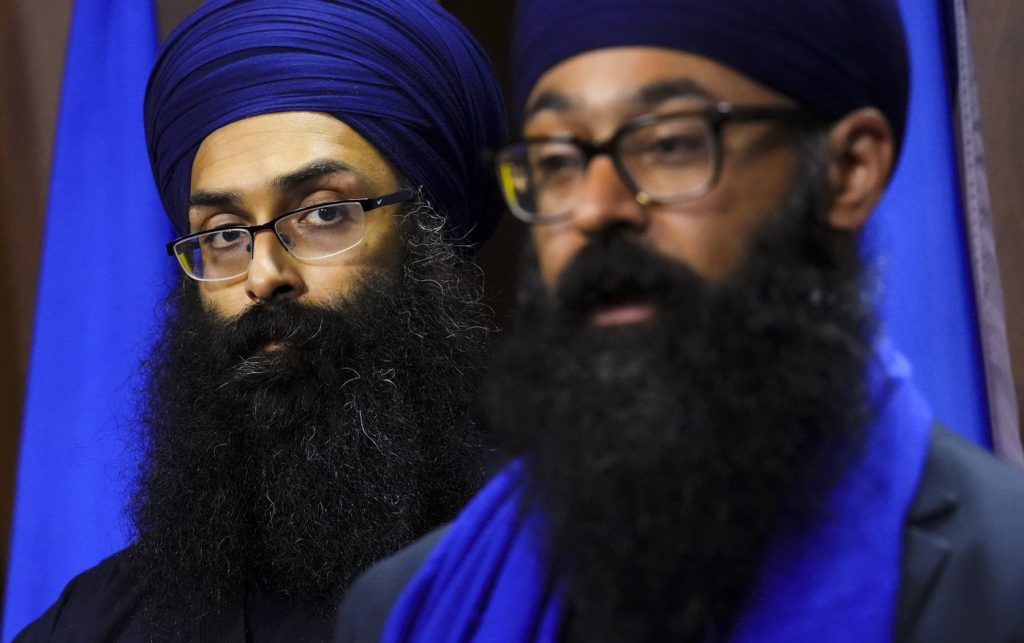OTTAWA Sikh organizations in Canada are urging Prime Minister Mark Carney to retract his invitation to Indian Prime Minister Narendra Modi for the upcoming G7 summit scheduled to take place in Alberta next week. This call comes from prominent groups including the World Sikh Organization of Canada and Sikh Federation Canada, which are advocating for a thorough public inquiry into India's alleged foreign interference and its transnational oppression of Sikhs.
The Sikh groups assert that Modi's invitation should be rescinded unless the Indian government demonstrates genuine cooperation with ongoing investigations into its involvement in foreign interference activities within Canada, particularly concerning the Sikh community. They demand that India halt any form of interference in Canadian affairs, especially targeting members of the Sikh diaspora residing in Canada.
Additionally, the organizations are pressing the Canadian Liberal government to immediately cease any intelligence-sharing arrangements with India. This appeal follows serious concerns raised by former Prime Minister Justin Trudeau and the Royal Canadian Mounted Police (RCMP), who have linked Indian agents to the murder of a Canadian Sikh separatist activist in Surrey, British Columbia, which occurred in 2023.
A recent report from a public inquiry into foreign political interference highlights that both China and India have been identified as primary actors involved in interference operations aimed at Canada. The inquiry underscores the seriousness of the threat posed to Canadian sovereignty and the safety of its citizens, particularly communities such as the Sikhs who face targeted harassment and oppression from foreign governments.
The Sikh representatives are vocal about their demand for transparency and accountability in addressing these issues. They emphasize that the relationship between Canada and India should not come at the cost of the safety and rights of individuals in the Sikh community, urging the Canadian government to prioritize justice and reparative measures over political considerations.
The backdrop of these developments is a broader context of international relations, where issues of sovereignty, human rights, and diplomatic ties intersect. The Sikh groups are firmly positioned in their stance, indicating that they will continue to seek action from the Canadian government until their demands are met and justice is served. Their activism reflects a growing awareness and urgency regarding the implications of international politics on local communities.
In conclusion, this situation illustrates the complexities of balancing diplomatic relations while ensuring the safety and rights of minority communities. As the G7 summit approaches, the call for action from these Sikh organizations remains a critical factor in shaping the discussion around foreign interference and the responsibilities of state actors in protecting their citizens.











